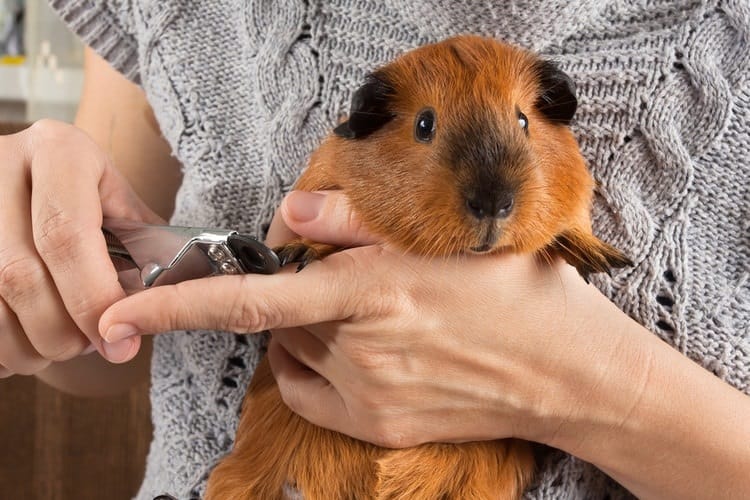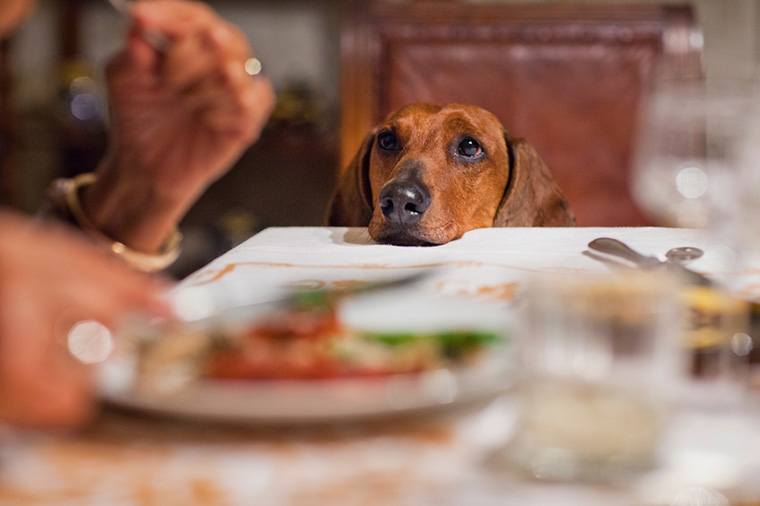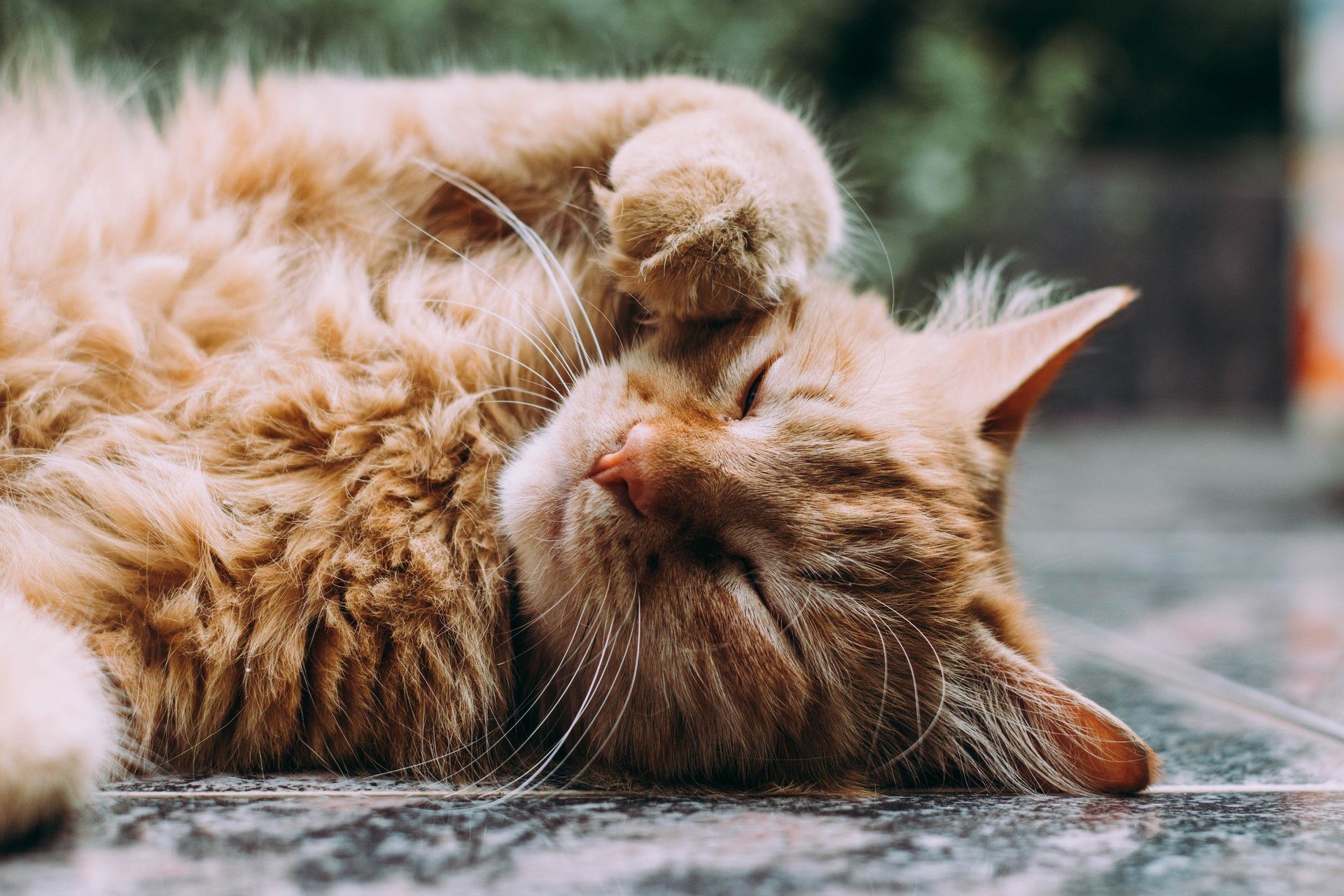Caring For A Senior Guinea Pig
Caring for a senior guinea pig requires attention to their unique needs as they age. As these small pets grow older, their bodies and behaviours change, often necessitating adjustments in diet, habitat, and healthcare. From joint stiffness to dental issues, senior guinea pigs can face a range of health concerns that require diligent monitoring. Providing them with a comfortable environment, enriched with soft bedding and easy access to food and water, can greatly improve their quality of life. Regular vet check-ups, combined with a proper diet that supports aging, can help extend their lifespan and maintain their well-being. Understanding the specific challenges of caring for a senior guinea pig will allow you to provide the best care possible, ensuring your pet remains healthy and happy in its golden years. This guide covers essential tips and advice to support your aging guinea pig’s needs effectively.
Did you know that Guinea pigs can become seniors as young as age 5? As your furry pal grows older, he or she will benefit from some extra TLC. A pet clinic Galena, MD discusses caring for senior Guinea pigs below.
Diet
It isn’t uncommon for pets to eat less as they age. Your little buddy may do better with smaller, more frequent meals. Be sure to remove any uneaten food right away. As you may know, Vitamin C deficiency can be a serious problem for Guinea pigs. Ask your vet for specific advice on giving supplements.
Water
Dehydration is a common issue when caring for a senior guinea pig. Ensure your furry friend always has access to fresh water. Place their water bowl or bottle in a location that’s easy for them to reach without needing to climb or stand.
Grooming
Did you know that baths can cause many Guinea pigs to feel stressed out? Don’t give your furry little buddy full-immersion baths, unless your vet specifically advises it. Instead, just wipe your pet’s fur down with a damp washcloth or pet wipes. This is a good chance to look for signs of trouble, such as sores, bumps, and skin problems. (Note: don’t put the little guy back into his cage until he’s completely dry.)
Naps
As your guinea pig enters its senior years, you may notice they sleep more. Provide a soft, comfortable bed to ensure they rest well, and be mindful not to startle them while they’re sleeping. When caring for a senior guinea pig, it’s best to avoid petting or picking them up unless they’re fully awake and aware of your presence.
Cage
Make sure that your pet’s cage is warm and clean. If the little guy had more than one story, you may want to opt for a smaller, wider cage instead, so he doesn’t have to deal with ramps. Extra padding will also help keep your cavy comfortable. Older pets often develop issues with their vision or hearing. Avoid changing your cavy’s cage around. Your pet may also find it easier to see solid colors.
Veterinary Care
As guinea pigs age, caring for a senior guinea pig involves scheduling more frequent veterinary visits. It’s also important to monitor for signs of health issues, such as dry skin, dental problems, or digestive issues. Ask your vet for more information.
Caring for a Senior Guinea Pig in 2025: Stimulation and Health Considerations
What changes in cleaning frequency or methods are needed for senior guinea pigs?
Senior guinea pigs may need gentler grooming to avoid stress. Instead of full-immersion baths, which can cause anxiety, use a damp washcloth or pet wipes to clean their fur. This method allows for a more relaxed cleaning experience while also providing an opportunity to check for skin problems or bumps. Ensure the guinea pig is fully dry before returning it to the cage. Additionally, keep the cage clean and warm, with extra padding for comfort, and avoid changing the layout to accommodate potential vision or hearing decline.
How can you provide mental stimulation for less active senior guinea pigs?
To provide mental stimulation for less active senior guinea pigs, offer gentle, interactive toys and puzzle feeders that encourage natural foraging instincts. Scatter food in different areas to promote exploration within the cage. Rotate toys regularly to maintain interest, and incorporate soft bedding and chewable items to engage their senses. Spending time talking softly and petting them also provides emotional enrichment. Ensure the environment remains familiar and easy to navigate, especially if vision or hearing has declined, to prevent stress while encouraging safe and stimulating activities.
What supplements might be beneficial for senior guinea pigs?
Senior guinea pigs may benefit from supplements, particularly those containing Vitamin C. As they age, guinea pigs can be more susceptible to Vitamin C deficiency, which may lead to health issues like scurvy. Providing an appropriate Vitamin C supplement, as recommended by a veterinarian, helps maintain their immune system and overall health. Additionally, glucosamine supplements could aid in joint health, particularly for older guinea pigs with mobility concerns. Always consult a vet before adding any supplements to ensure they meet the specific needs of your pet.
How does aging affect male and female guinea pigs differently?
Aging affects male and female guinea pigs similarly in most ways, but some distinctions exist. Males, or boars, may experience more pronounced changes in weight and muscle tone as they age, often becoming more sedentary. This can increase the risk of obesity or related health issues. Female guinea pigs, or sows, may develop reproductive system problems, such as ovarian cysts or uterine tumors, which can impact their overall health. Both genders face age-related issues like vitamin C deficiency, dehydration, and reduced mobility, but these specific reproductive and weight changes are gender-based differences.
How can you help a senior guinea pig with arthritis or mobility issues?
To help a senior guinea pig with arthritis or mobility issues, focus on creating a comfortable and accessible environment. Use a low, wide cage to eliminate the need for climbing or navigating ramps, and add extra padding to reduce pressure on joints. Ensure food and water are easy to access without requiring excessive movement. Gentle, frequent grooming will help monitor for skin issues that can arise with reduced mobility. Regular veterinary check-ups are vital to managing pain and maintaining overall health. Consult a vet about potential pain relief or joint supplements.
Please contact us if ever we can be of assistance. As your animal hospital Galena, MD, we’re here for you!




